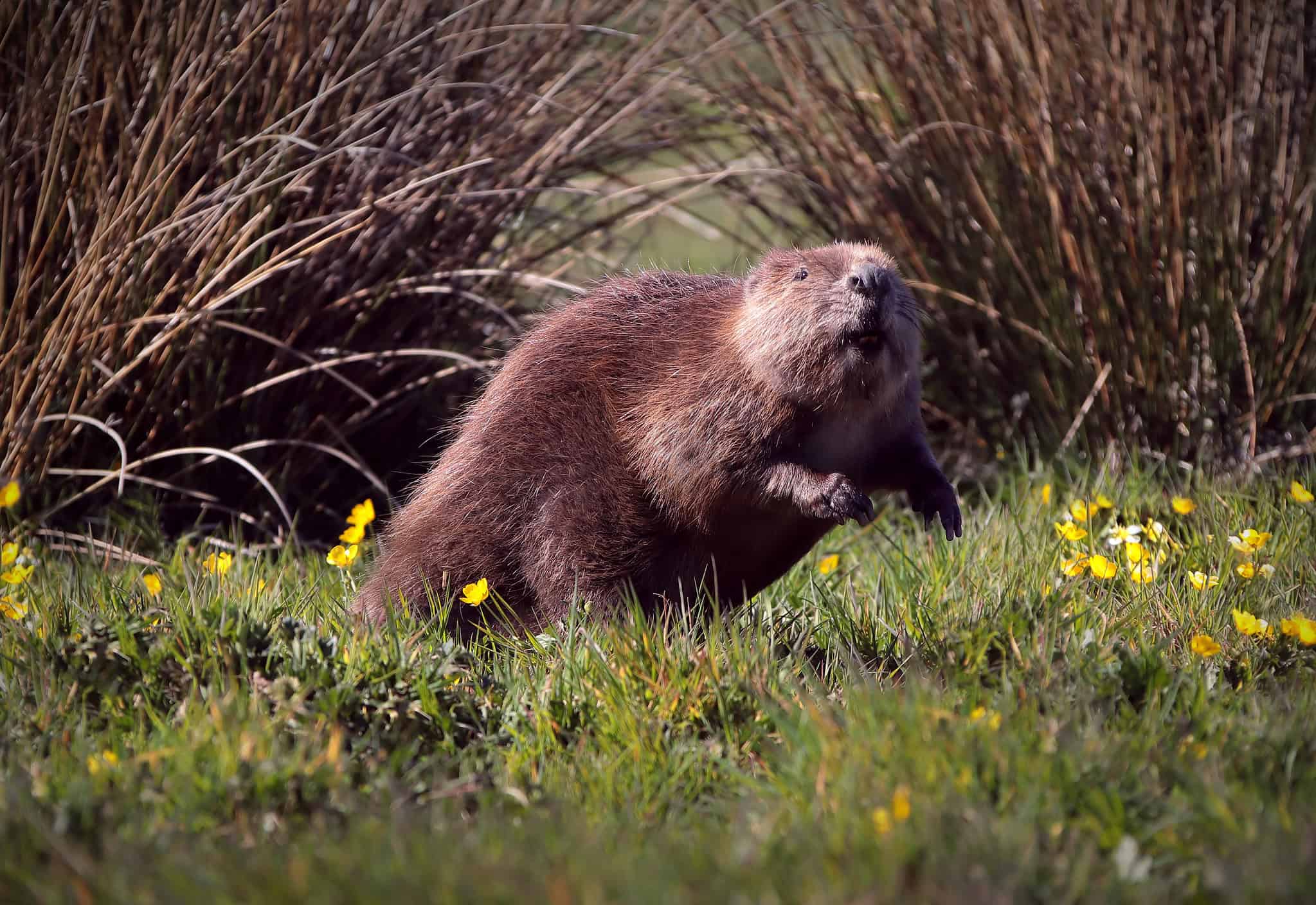Back in July 2022, following a public consultation about the release of wild beavers on the Isle of Wight, there was an overwhelming thumbs up from the public.
Hampshire and Isle of Wight Wildlife Trust were in the process of seeking a licence that would see the first beavers released on the Island by 2024.
Keen to hear an update, OnTheWight got in touch with the Trust to find out whether the licence application had been successful.
Previous government said reintroductions no longer a priority
A spokesperson for the Trust told OnTheWight,
“The Trust are still committed to a wild release of beavers onto the Isle of Wight.
“Despite ambitious plans for nature recovery including species reintroductions detailed in the Environment Act of 2021 the previous Environment Secretary Therese Coffey announced in October 2023 that reintroductions were no longer a priority, but habitat restoration was.”
Beavers build better landscapes for biodiversity
The Trust went on to add,
“The Trust believes that as one of nature’s key eco-system engineers, beavers are one of the best natural solutions to restore river and wetland habitats and reverse species declines whilst delivering a range of ecosystem services for local communities. Extensive research from the UK and Europe shows that Beavers build better landscapes for biodiversity, often in incredibly short periods of time.
“For example, published research from Stirling University has found that in Scotland the variety of plants rose by 46% over 12 years in a beaver wetland and Exeter University have published astonishing research showing that in just five years there was an increase in water vole signs of nearly 9,000% at a beaver wetland site. At an enclosed beaver project in Cornwall the number of pairs of common frog increased from ten pairs up to 681 in six years.”
National campaign
The Trust went on to explain that beaver wetlands are also shown to increase landscape resilience to flooding and drought and their dams and ponds filter out pollutants which improves water quality.
Given these widespread benefits for nature and communities the Wildlife Trusts are campaigning at a national level for the overdue England Beaver Strategy that needs to encompass co-existence with wild living beavers and licencing for wild releases.
No wild release licences being granted
Currently, there are no wild release licences being granted in England, only those for keeping beavers in fenced enclosures.
Whilst fenced enclosures in some locations, can be beneficial for education and community engagement, these are expensive to construct and maintain and the benefits that beavers can bring in terms of improving water quality, flood mitigation etc. in one location are limited.
Sharing knowledge and understanding
The spokesperson for the Trust told OnTheWight,
“The project is holding an independently-led workshop this autumn for those with recreational or business interests within the East Yar floodplain where beavers would be most active.
“The aim is to share knowledge and understanding of the ways in which land is used, discussions around beaver biology and opportunities and to hear perspectives and discuss views on coexistence with beavers.”
In the meantime staff at HIWWT have attended Natural England beaver licence training courses, and are well equipped with the knowledge and understanding as well as the legal requirements for managing beaver dams and burrows if they occur in undesirable places.
Beavers one of the key natural solutions to resolving challenges
After five years of dedicated study, research and engagement the Trust see beavers as one of the key natural solutions to resolving many of the challenges that the Islands rivers have.
Beavers will stimulate natures recovery, restoring habitats, increasing species abundance and providing a range of ecosystem services that will benefit local communities and the wider Island.





